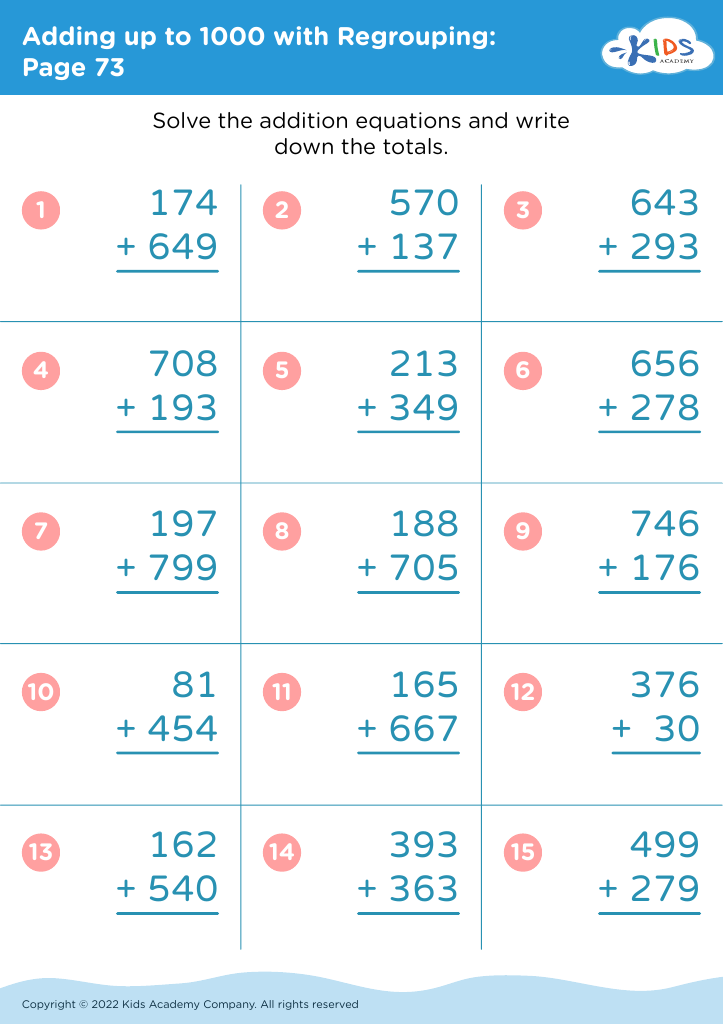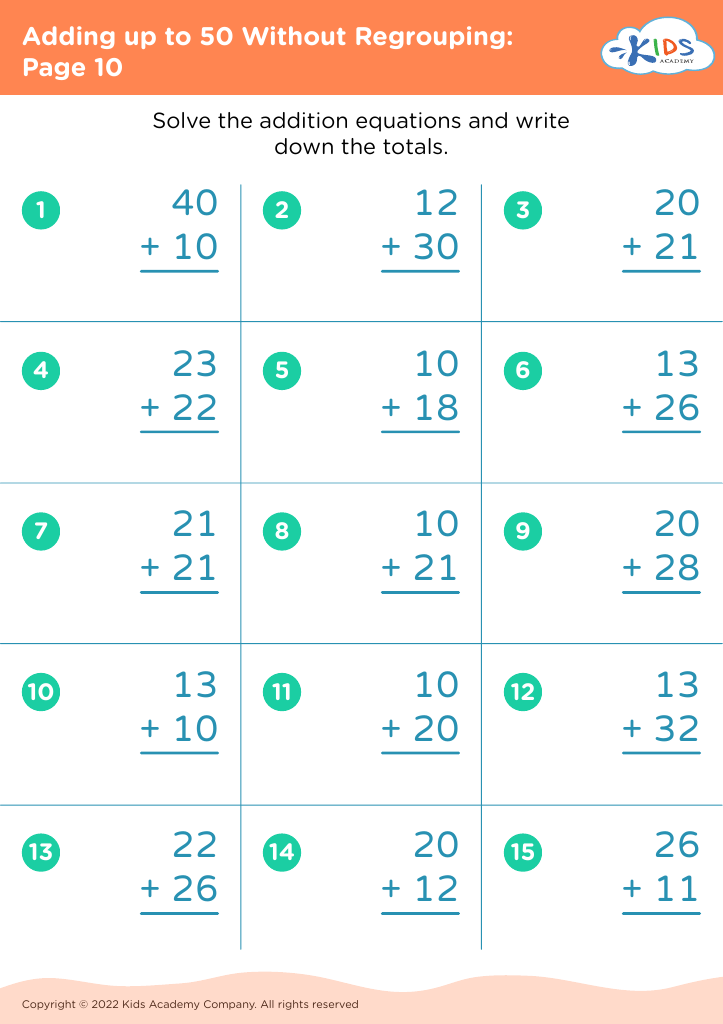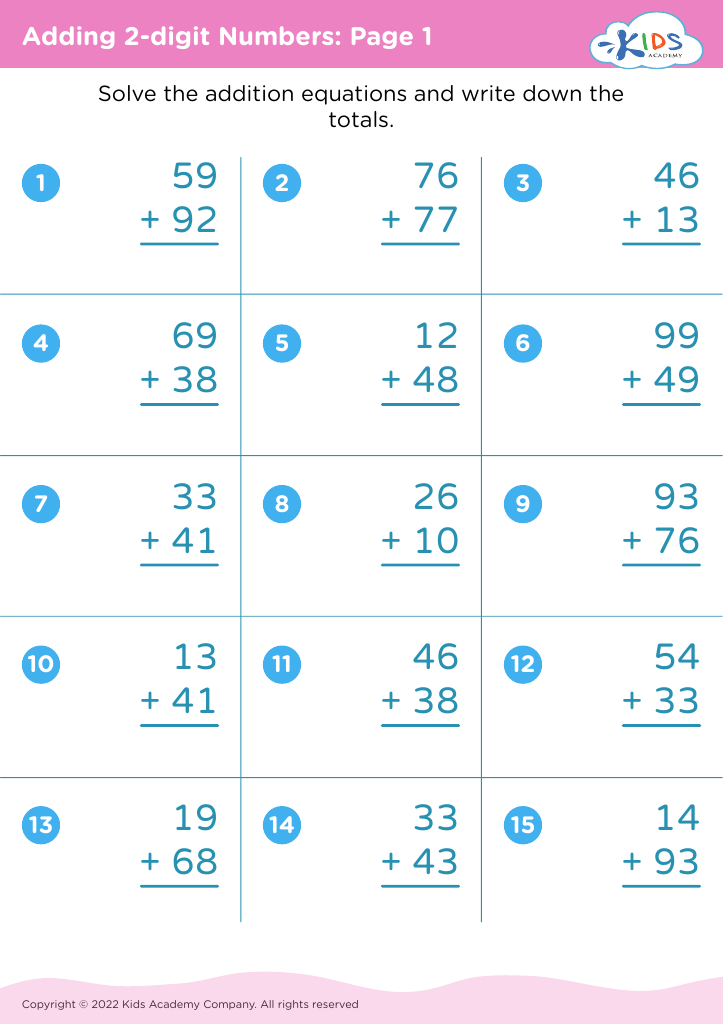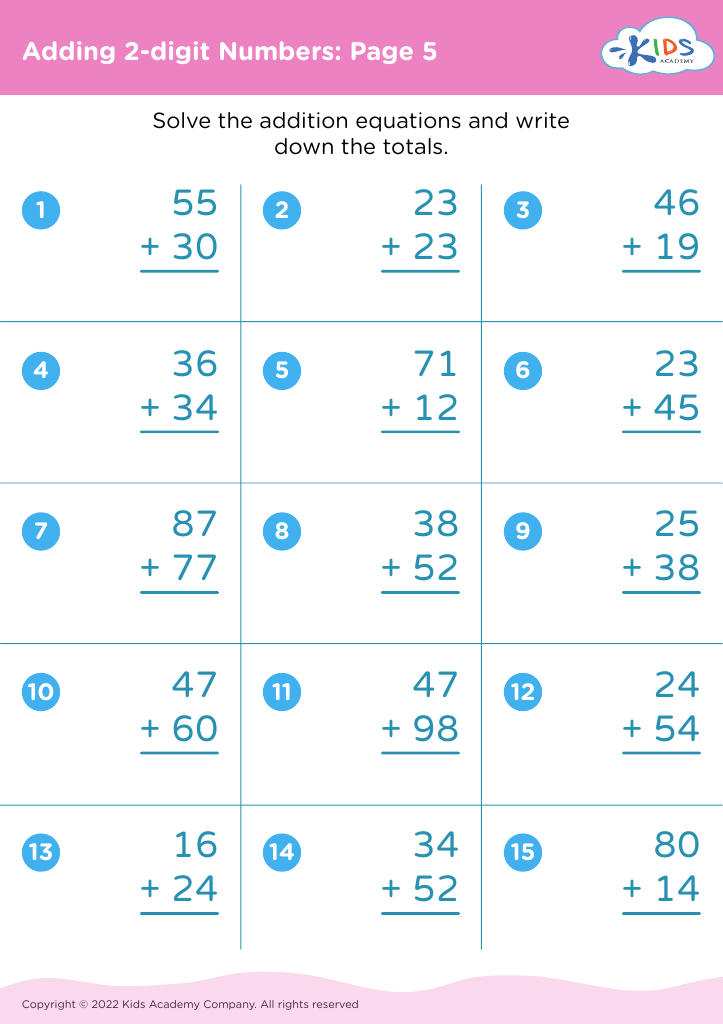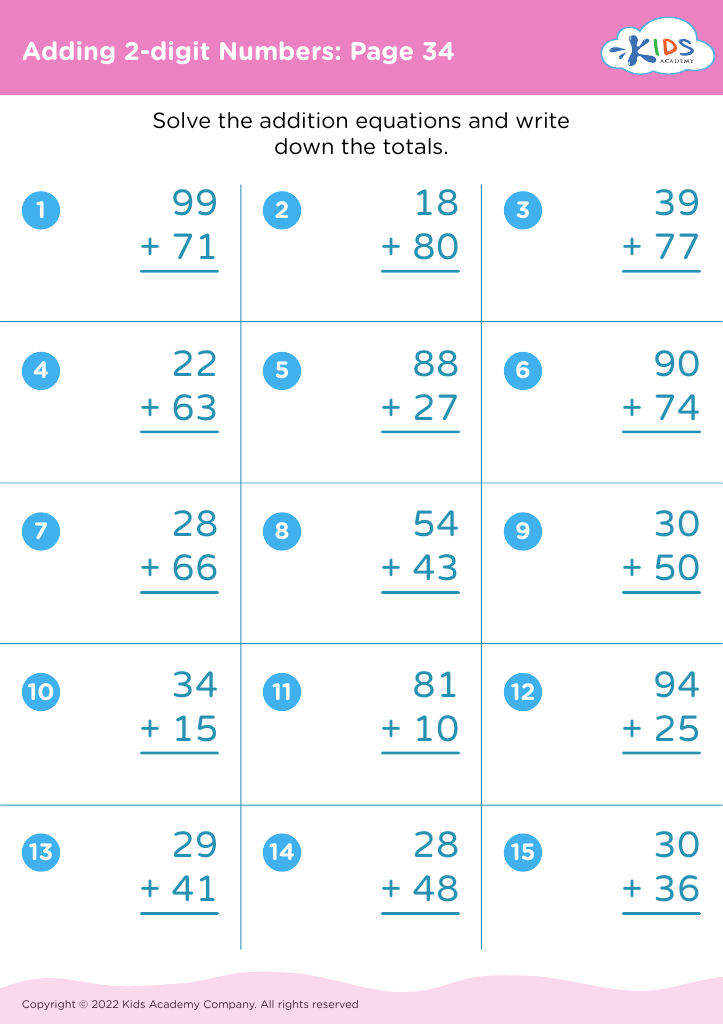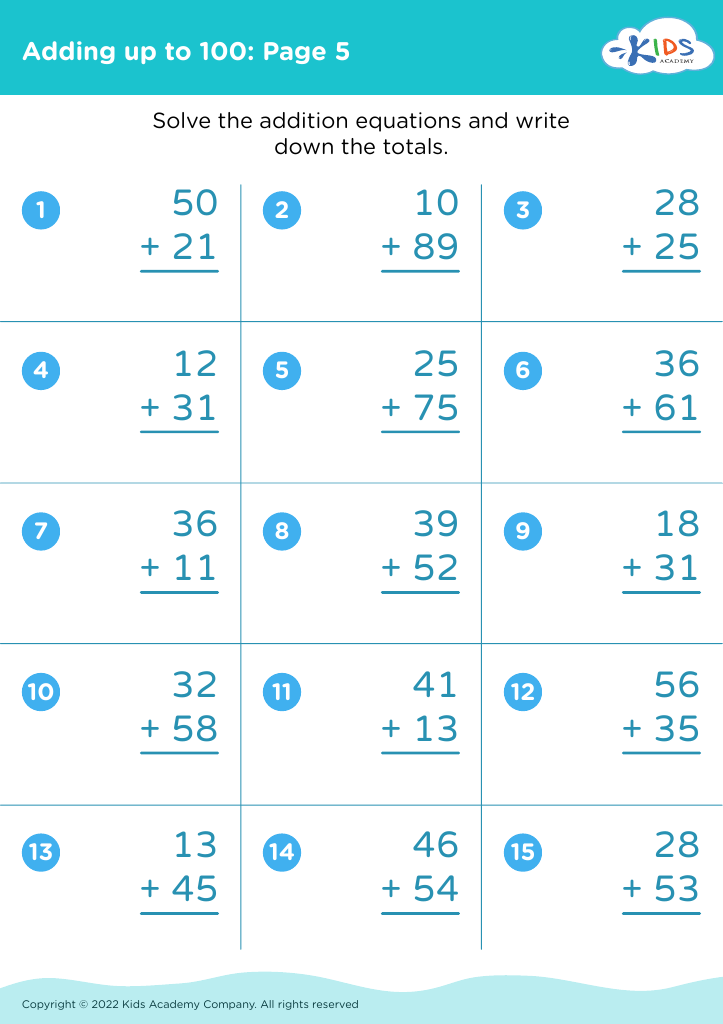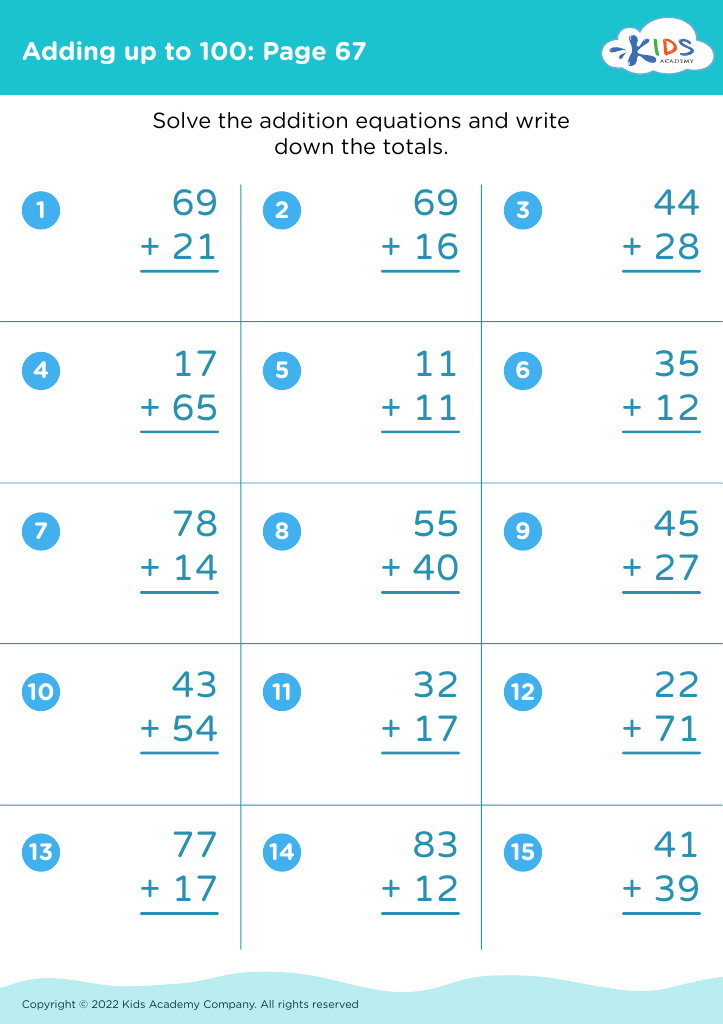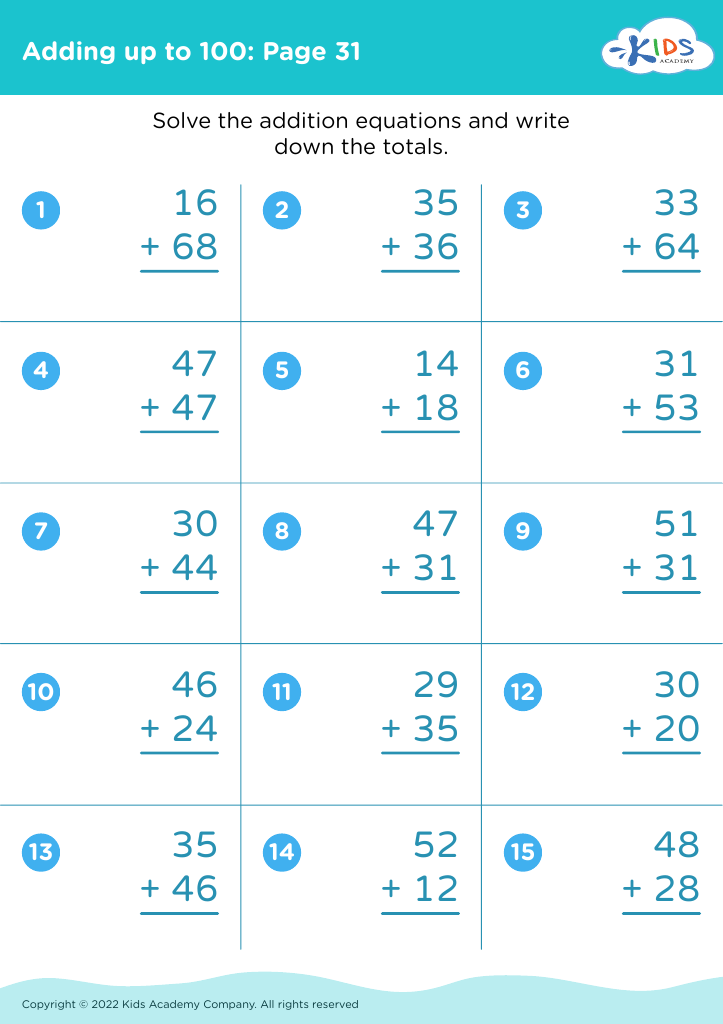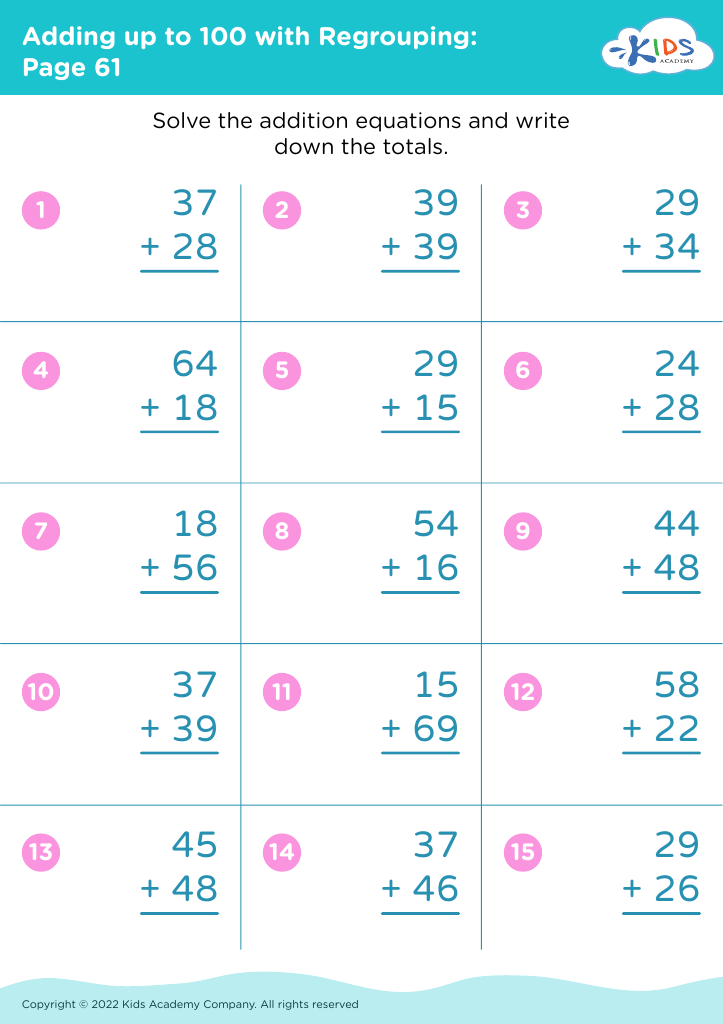Understanding patterns Worksheets for Ages 6-7
45 filtered results
-
From - To
Enhance your child's essential math and cognitive skills with our "Understanding Patterns" worksheets designed for ages 6-7! At Kids Academy, our carefully curated printable worksheets empower young learners to recognize, predict, and create patterns through engaging and fun activities. Each worksheet is crafted to strengthen logical thinking and problem-solving abilities, providing a solid foundation in early mathematics. Perfect for classroom use or at-home practice, these worksheets make learning about patterns an enjoyable and educational experience for first graders. Visit our page to download and start helping your child master patterns today!
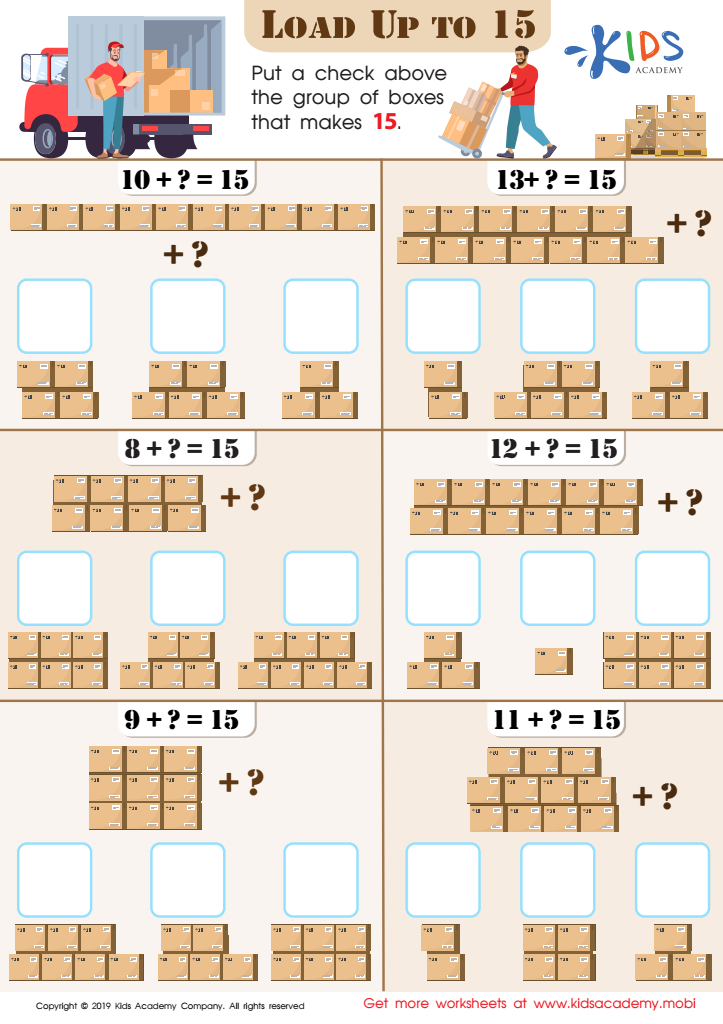

Load up to 15 Worksheet
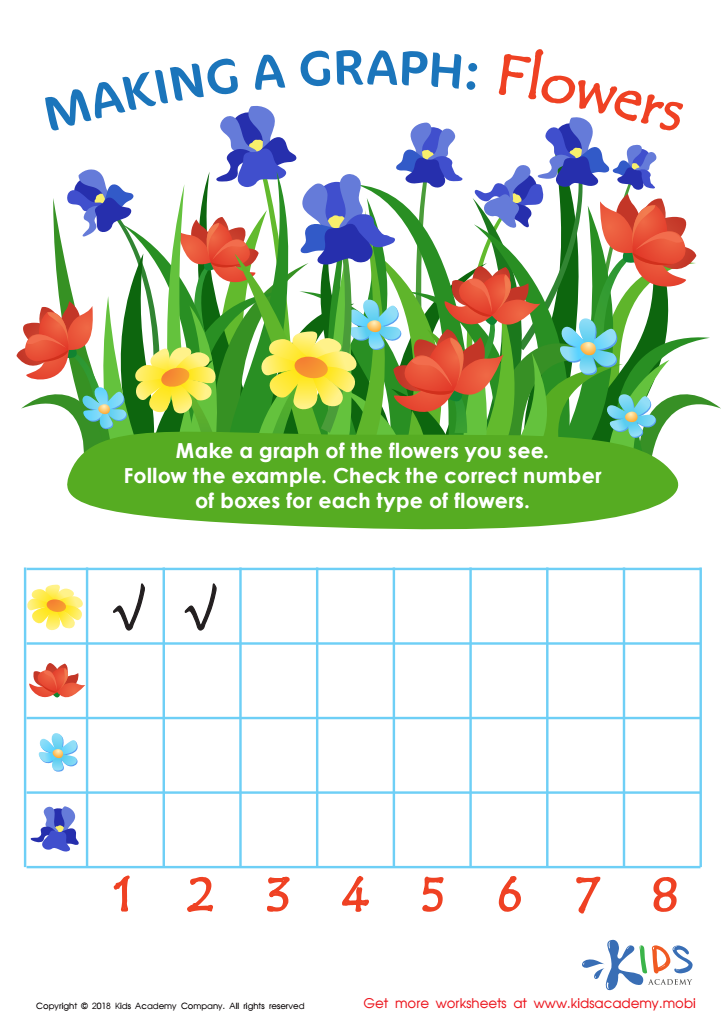

Making a Graph: Flowers Worksheet
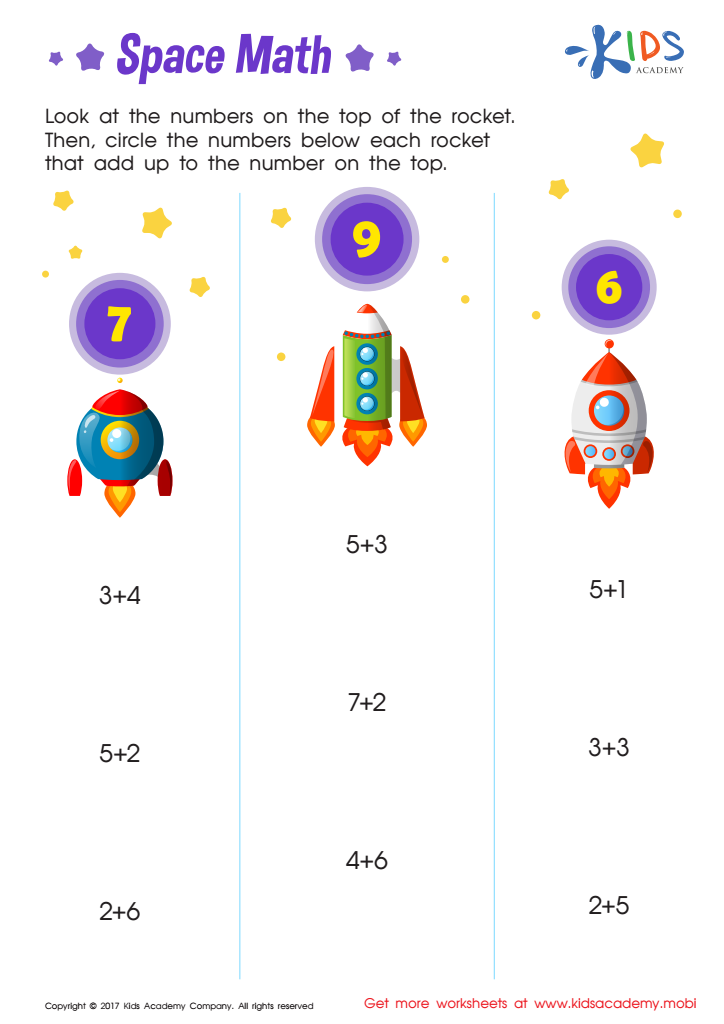

Addition: Space Math Worksheet
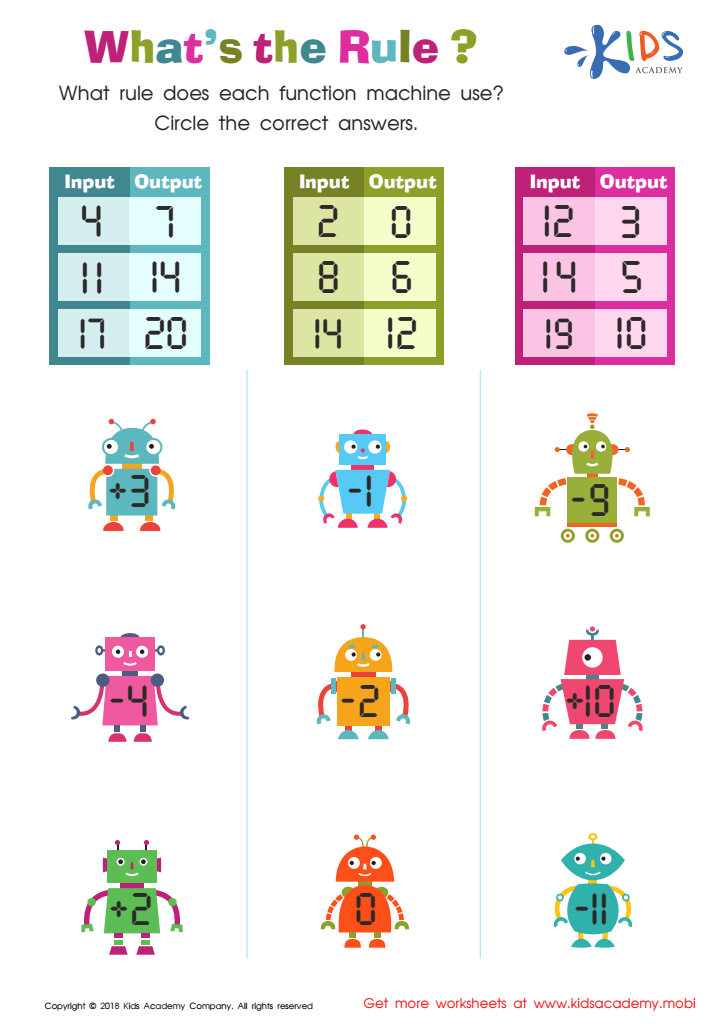

What's the Rule Worksheet
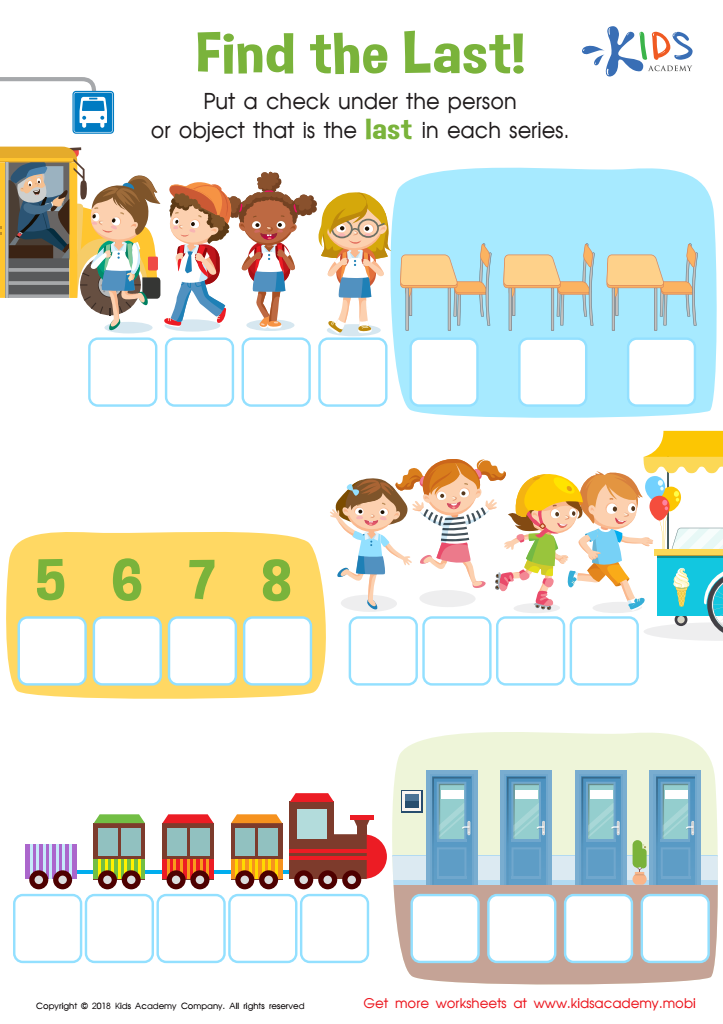

Find the Last! Worksheet
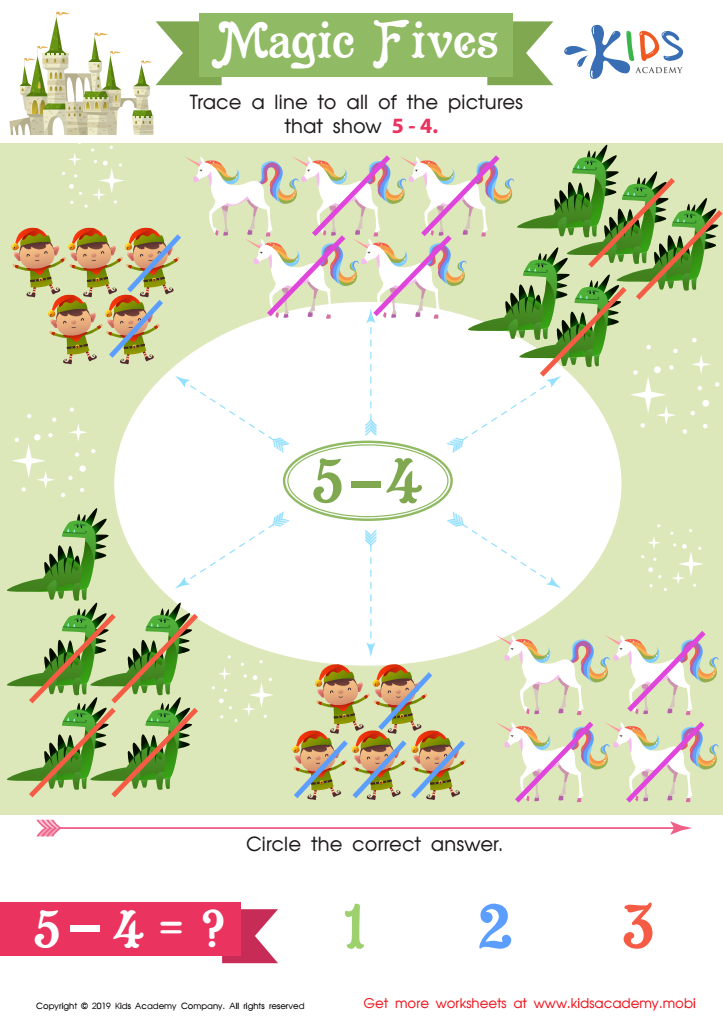

Magic Fives Worksheet
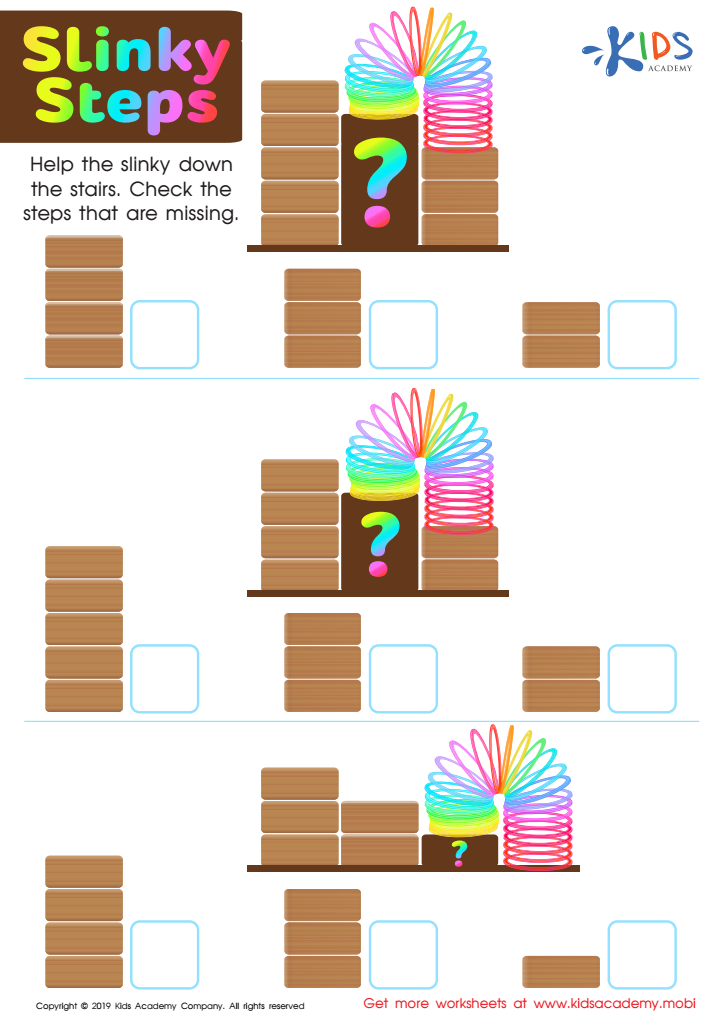

Slinky Steps Worksheet
Understanding patterns is fundamental for children ages 6-7, because this skill forms the backbone of early math education, significantly influencing future learning. At this age, children start to comprehend how sequences and routines shape their world, facilitating critical thinking and problem-solving abilities. Mastery of patterns helps solidify their understanding of numbers, aiding in arithmetic operations like addition, subtraction, multiplication, and division, as these are often built on recognizing consistent sequences.
Moreover, recognizing patterns spur cognitive development. It hones observation, comparison, and analytical skills, which are essential for learning in other domains such as reading and science. For example, comprehension of letter patterns supports reading fluency, while recognizing empirical patterns bolsters scientific reasoning.
Patterns also foster creativity and a sense of order. Identifying patterns in art, music, and daily routines contributes to children's holistic development. Practicing this foundational skill enhances their confidence, builds resilience in problem-solving, and fuels a love for learning by making complex concepts accessible.
Parents and teachers play a crucial role by encouraging activities that reinforce pattern recognition. Providing opportunities to sort objects, complete sequence puzzles, or even observe daily patterns makes learning interactive and fun. Thus, understanding patterns is not merely an academic requirement but also a pivotal life skill nurtured at an early age.





 Assign to My Students
Assign to My Students

